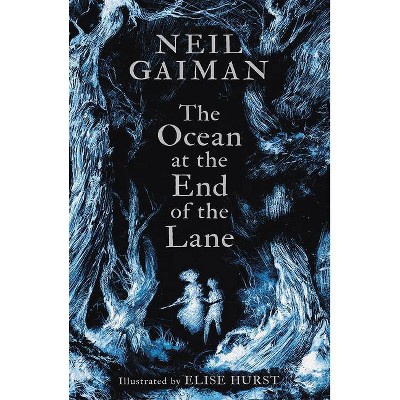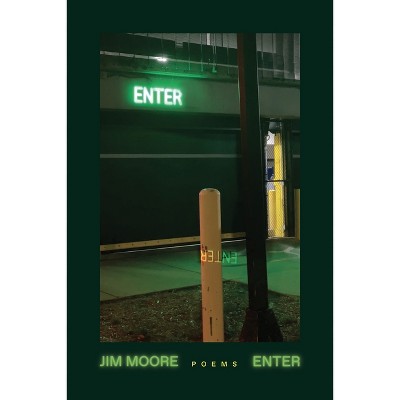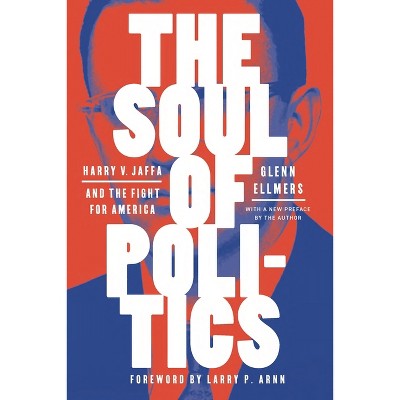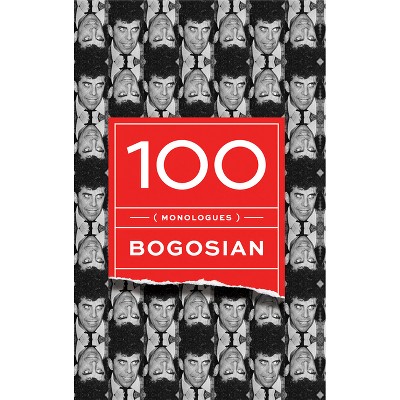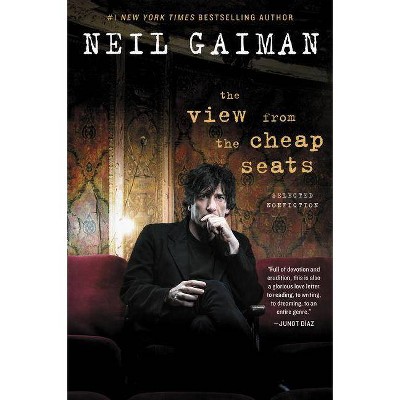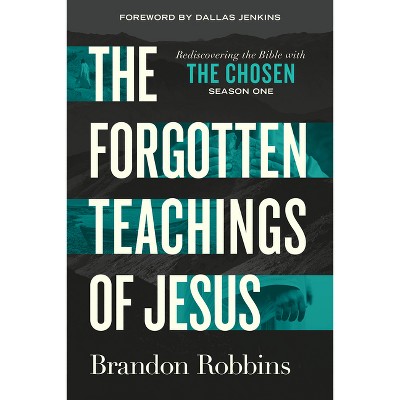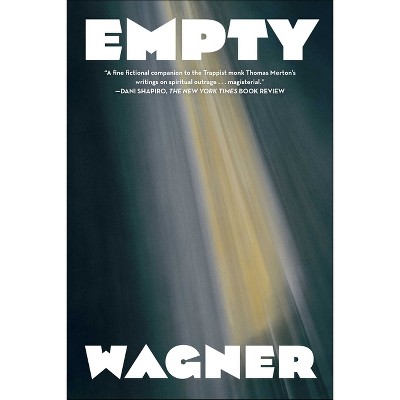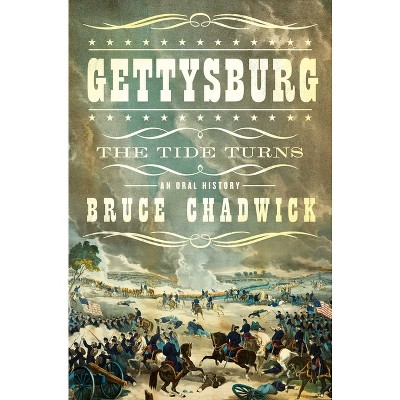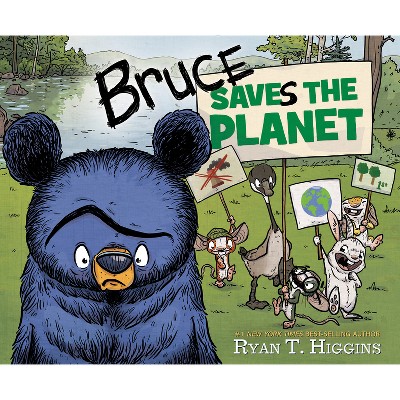Sponsored

Atrocity - by Bruce Robbins (Hardcover)
In Stock
Sponsored
About this item
Highlights
- Exploring literary representations of mass violence, Bruce Robbins traces the emergence of a cosmopolitan recognition of atrocity.
- About the Author: Bruce Robbins is Old Dominion Foundation Professor in the Humanities at Columbia University.
- 294 Pages
- Literary Criticism, Semiotics & Theory
Description
About the Book
" Exploring literary representations of mass violence, Robbins traces the emergence of a cosmopolitan recognition of atrocity. Mass violence did not always have a name. Like conquest, atrocity was not always seen as violating a moral norm or inviting indignation. Could the concept of atrocity even exist before people could accuse their own country of mass violence committed against the inhabitants of another country? Drawing on a vast archive, Bruce Robbins seeks to give atrocity a literary history. With penetrating insight, Robbins takes up such literary representations of atrocity as Bartolomâe de las Casas's account of his fellow Spaniards' atrocities, Kurt Vonnegut's Slaughterhouse-Five, Grimmelshausen's 1668 novel Simplicissimus, David Mitchell's Cloud Atlas, Gabriel Garcâia Mâarquez's One Hundred Years of Solitude, Homero Aridjis's short novel Smyrna in Flames, and Tolstoy's Hadji Murat . What's achieved is a profound exploration of the longer trajectory of the emergence of abhorrence and indignation in the face of mass violence and a critical examination of the conditions for the emergence of cosmopolitanism-the ability to look at your own nation with the critical eyes of a stranger. In the presence of atrocity, what we want most is for someone to bear witness. What is it literature can do with atrocity that simple testimony cannot? Robbins answers by showing how literature goes beyond the legal paradigm of accusation. Meanwhile, venturing from the Bible to Zadie Smith, Robbins pursues the bold proposition that, in the midst of relentlessly repetitive slaughter and nameless, shapeless, irredeemable suffering, humanity's moral history might include a cosmopolitan arc"--Book Synopsis
Exploring literary representations of mass violence, Bruce Robbins traces the emergence of a cosmopolitan recognition of atrocity.
Mass violence did not always have a name. Like conquest, what we think of now as atrocities have not always invited indignation or been seen to violate moral norms. Venturing from the Bible to Zadie Smith, Robbins explores the literature of suffering, to show how, over time, abhorrence of mass violence takes shape. With it comes the emergence of a necessary element of cosmopolitanism: the ability to look at one's own nation with the critical eyes of a stranger.
Drawing on a vast written archive and with penetrating insight, Robbins takes up such literary representations of violence as Bartolomé de las Casas's account of his fellow Spaniards' atrocities, Kurt Vonnegut's Slaughterhouse-Five, Grimmelshausen's 1668 novel Simplicissimus, David Mitchell's Cloud Atlas, Gabriel García Márquez's One Hundred Years of Solitude, Homero Aridjis's short novel Smyrna in Flames, and Tolstoy's Hadji Murat. These essential texts do more than simply testify to atrocious acts. In their literariness, they take the risk of contextualizing and relativizing, thereby extending beyond the legal paradigm of accusation. They recognize atrocity as a moral scandal about which something should be done and can be done, while they also place that scandal within a larger and more uncertain history.
Review Quotes
"Recommended." --E. C. Aiken, CHOICE
"Robbins' brilliant, sweeping Atrocity seeks to release us from the 'indignation-free zone' into which atrocities normally fall. A counterintuitive reading of current discourses on violence." --Bonnie Honig, author of A Feminist Theory of Refusal
"A probing study of the moral imagination, written with the erudite informality--and the ethical commitment--that we have come to expect from Bruce Robbins, one of our leading critics on the left." --Adam Shatz, author of The Rebel's Clinic: The Revolutionary Lives of Frantz Fanon
"Combining a creatively skeptical critical intelligence and an undercurrent of mordant irony, Atrocity is a superb literary and stylistic achievement. Anyone allergic to moral obviousness will find it as impossible to stop reading as I did." --Laura Kipnis, author of Love in the Time of Contagion: A Diagnosis
"Robbins makes a humane and exhilarating case for the critical consciousness of atrocity. This is an essential, unsparing and often searing exploration of representations of violence that locates narratives of atrocity at the ethical heart of the humanities." -Patrick Deer, author of Culture in Camouflage: War, Empire, and Modern British Literature
"Robbins's affirmative genealogy of cosmopolitan human rights documents the making of moral expectations that deserve to be met in a persistently violent world." --Samuel Moyn, author of Humane: How the United States Abandoned Peace and Reinvented War
"This book carries readers along with clarity, wit, and undogmatic moral seriousness." -Christian Thorne, author of The Dialectic of Counter-Enlightenment
About the Author
Bruce Robbins is Old Dominion Foundation Professor in the Humanities at Columbia University. He has authored several books, among them Criticism and Politics: A Polemical Introduction (Stanford, 2022).
